:quality(85)/cloudfront-us-east-1.images.arcpublishing.com/infobae/NJTBX2VQ2JGSNG53ZCKFZVQUQ4.jpg 420w)
When deputy Pedro Miguel Carreño Escobar said that in the Supreme Court of Justice (TSJ) “there is talk of not 32 magistrates but 34. That there is a 33rd magistrate who makes the decisions”, criticized the power of the high court, through its president Maikel José Moreno Pérez, but in reality it is another chapter in the power struggle between Nicolás Maduro Moros and Diosdado Cabello Rondón.
Until the death, in December 2020, of politician José Vicente Rangel Vale, it was he who had handled the threads of the judiciary with the greatest skill; he did so in the Public Ministry, in various courts and in the TSJ, in many cases he imposed judges, decided on the assignment of prosecutors and the most important sentences from the point of view economic and political life. All this was achieved by Rangel thanks to his unconditionality with Chavismo and his enjoyment of power alongside then-President Hugo Rafael Chávez Frías, who appointed him Minister of Defense, being the only civilian in that position during the Bolivarian Revolution and also vice president of the Republic.
After the death of Hugo Rafael Chavez Frías, in 2013, Nicolás Maduro, but mainly Cilia Adela Flores de Maduro, tried to take control of the administration of justice, but Cabello influenced, and Rangel Vale was decisive for the Attorney General to be Luisa Marvelia Ortega Díaz and not Cilia's compadre, Miriam del Valle Morandy Mijares.
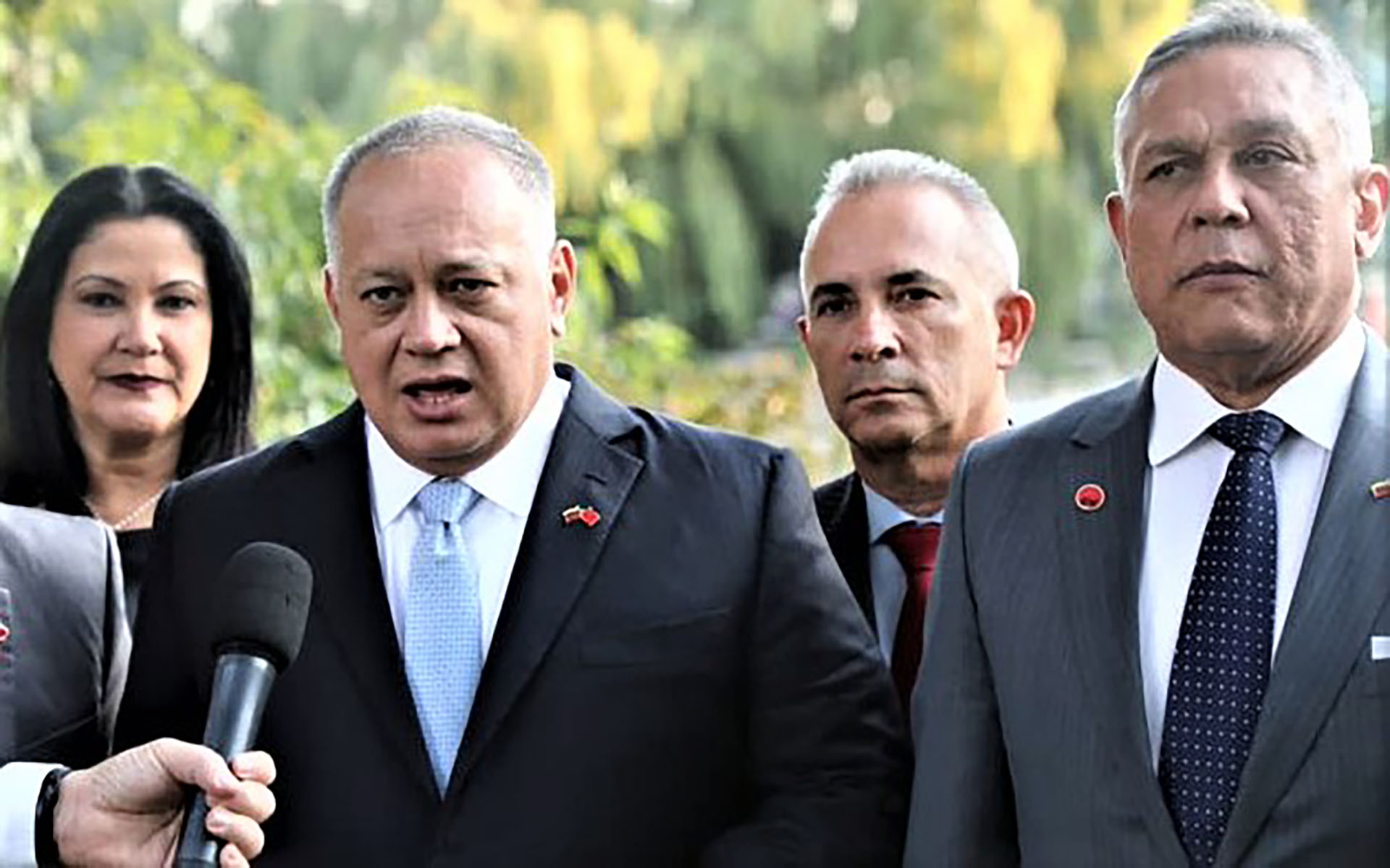
For 2017, Ortega Díaz faced decisions of the National Executive, denounced what was happening with the PLO, the disappearances and murders they were carrying out, which separated her from the Bolivarian and Cabello revolution. The deputy Pedro Carreño appears again, who also on the government channel VTV, as he does now, denounced Ortega Díaz of suffering mental insanity, so he suggested that the TSJ form a medical board to evaluate whether or not the Prosecutor could continue in office. The then Attorney General denounced irregularities in the appointment of the judges. Carreño asked the TSJ for a trial of merit against Ortega Díaz to proceed with his removal, the ban on leaving the country and the freezing of his assets.
Diosdado remained very close to José Vicente Rangel Vale and thus managed to influence some of the country's magistrates and prosecutors, but Rangel's advanced state of old age and his frequent health relapses allowed Flores de Maduro to have greater control of the judiciary, which he had begun since he was president of the National Assembly; at that time the Trujillanidad group approached, getting some parliamentarians to migrate to the TSJ, including the then deputy and his close friend, Judge Juan José Mendoza Jover.
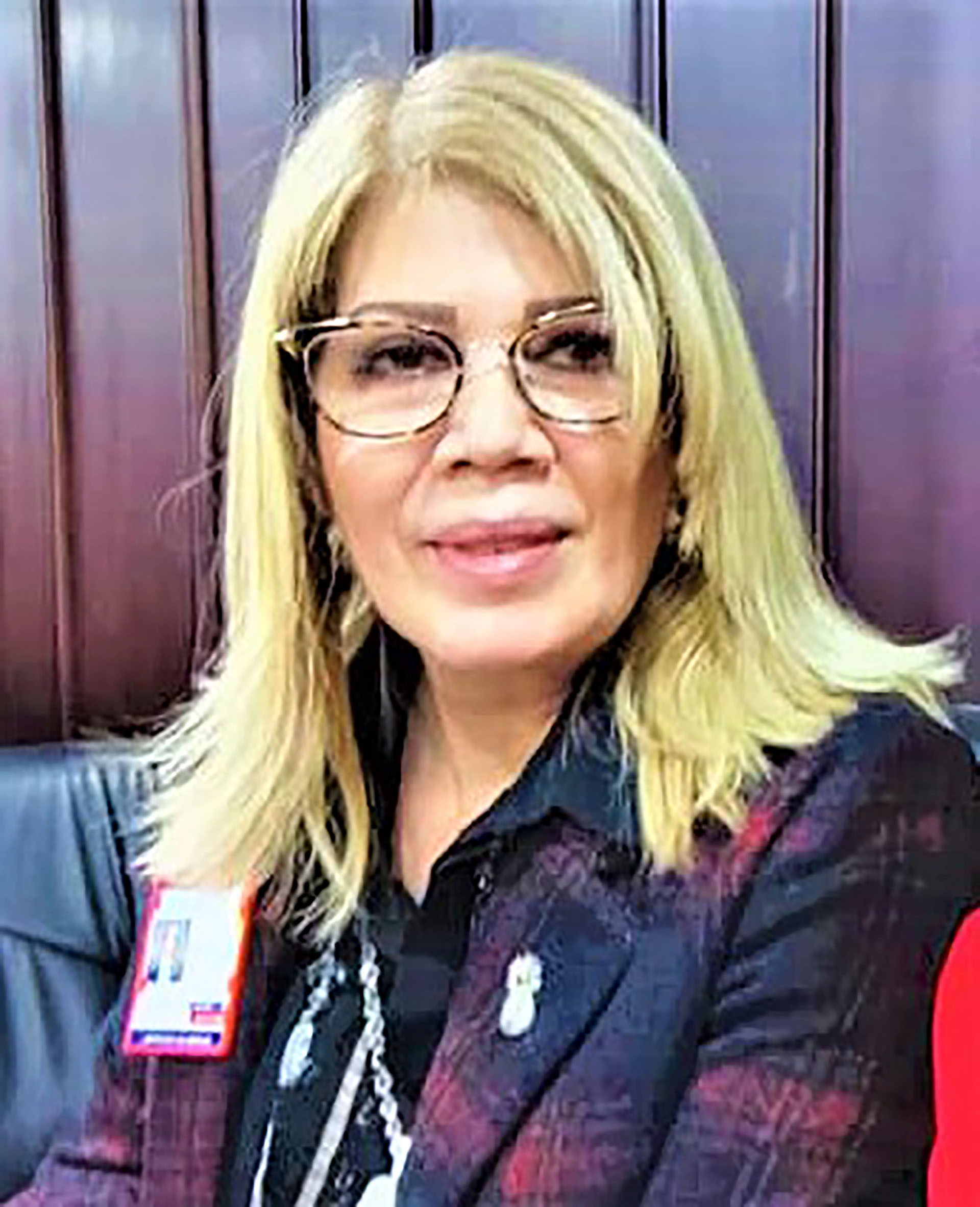
Diosdado piece
Carreño Escobar is one of Cabello Rondón's most unconditional junior players; the second vice-president of the United Socialist Party of Venezuela (PSUV) had a silent war with the president of the TSJ. An official of the Bolivarian Intelligence Service (SEBIN) recounts what was the highest moment between the two when SEBIN, controlled by Cabello through General Gustavo Enrique González López, banned Moreno Pérez's interference in the affairs of that organization.
“What we were told at SEBIN is that Maikel Moreno arranged sentences with the judges, in exchange for large sums of money, as many magistrates do, but in his case he influenced the issuance of the release orders without considering whether they were appropriate or not. From there, every time a release ballot arrived, behind which Moreno's hand was held, the detainee was not released. Do you remember that there began to be a lot of complaints from people claiming that even with a release ballot they were not allowed to leave? ”.
“Moreno's calls and messages began to come in with pressure. That continued until the president of the TSJ received the direct and precise message from SEBIN, which warned him of the consequences of continuing that pressure. It wasn't with such decent words, but the message came to him,” says the Intelligence official.
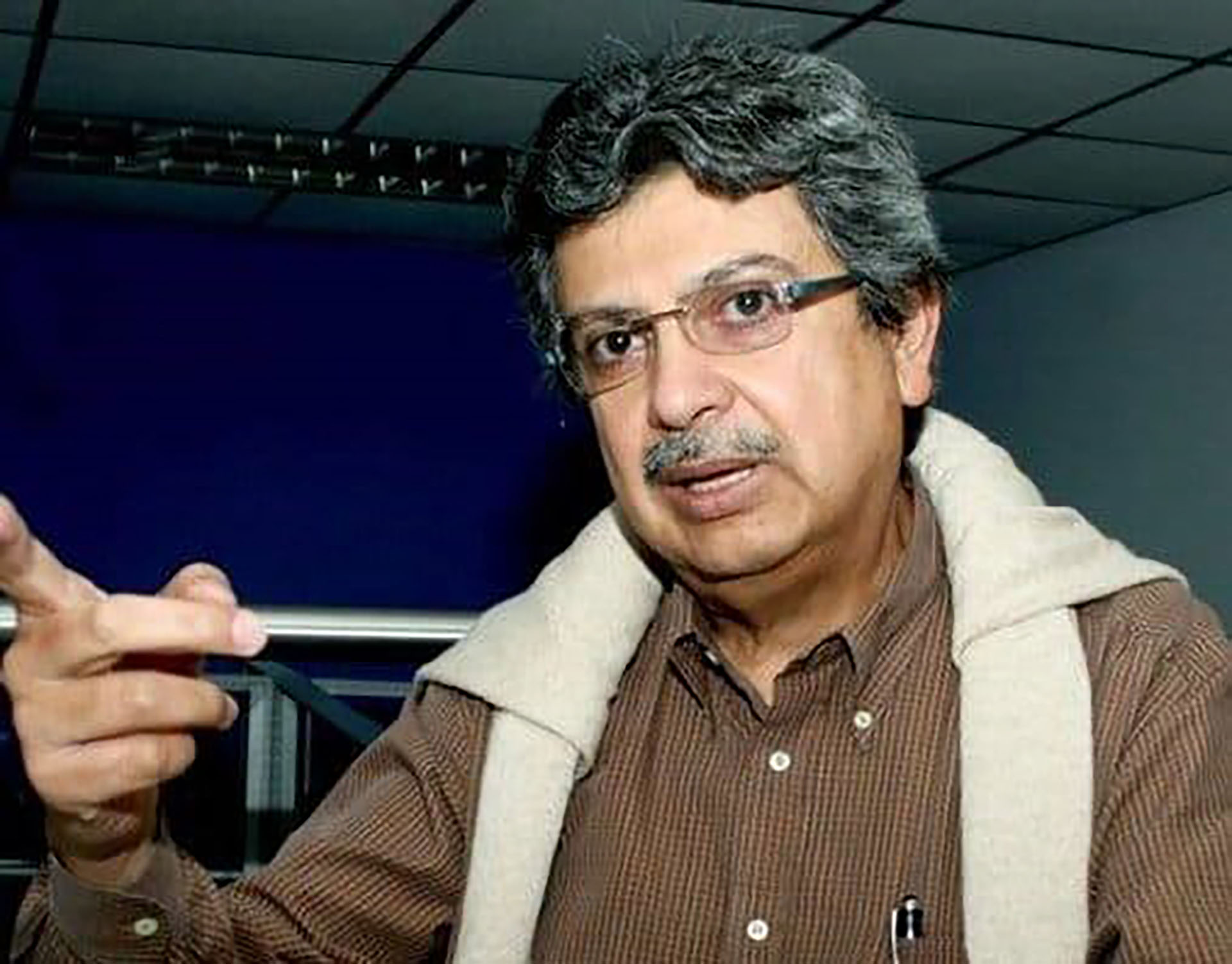
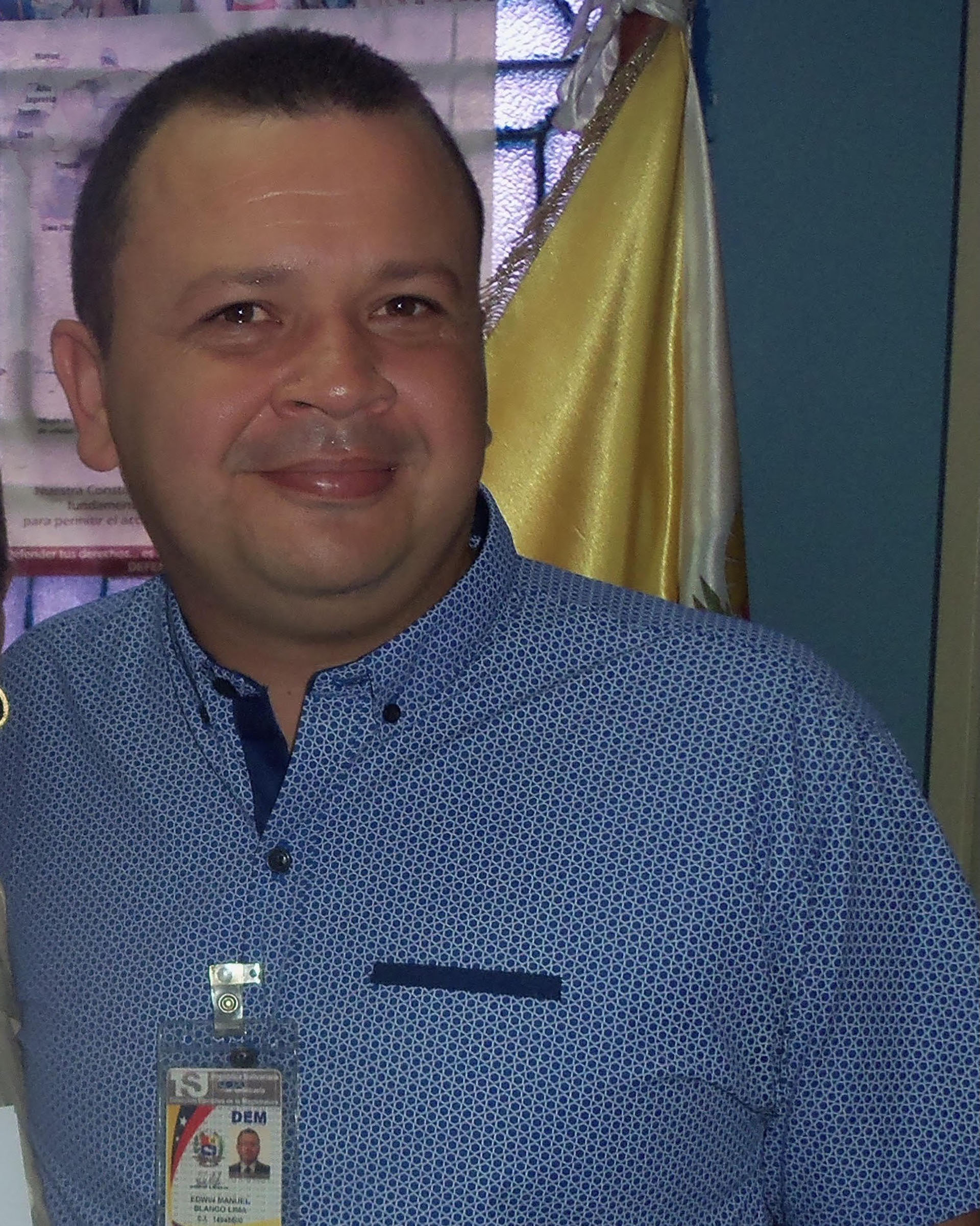
If we analyze in that context what Carreño said in the television program, when he added that in the installation of the judicial year “I listened carefully to the speeches and there I saw no rectification, no revision, no call to amend. That was the Titanic. The sinking ship and pure applause, pure achievements, pure conquests. And the corruption that swarms there, everything that is happening within the justice system! Oh, my God, aren't you going to make a rectification? Neither the magistrate (Marjorie Calderón) nor the president (Maikel Moreno), that was pure achievement. The Titanic sinking and the orchestra playing.”
In March 2021, lawyer and journalist José Rafael Ramírez, published “Solchy Delgado Paredes, on the grounds that “these are orders of the chief”, expressly prohibits all criminal judges from granting any precautionary measure or freedom, without their consent, that is, all decisions that judges must make must be consulted with her, before taking it. The same happens with the presentation, preliminary or trial hearings, where everyone must apply the “Solchi Law”, that is to say that everyone is deprived, until super magistrate 33 reviews the measure. Something never seen in the criminal jurisdiction!”
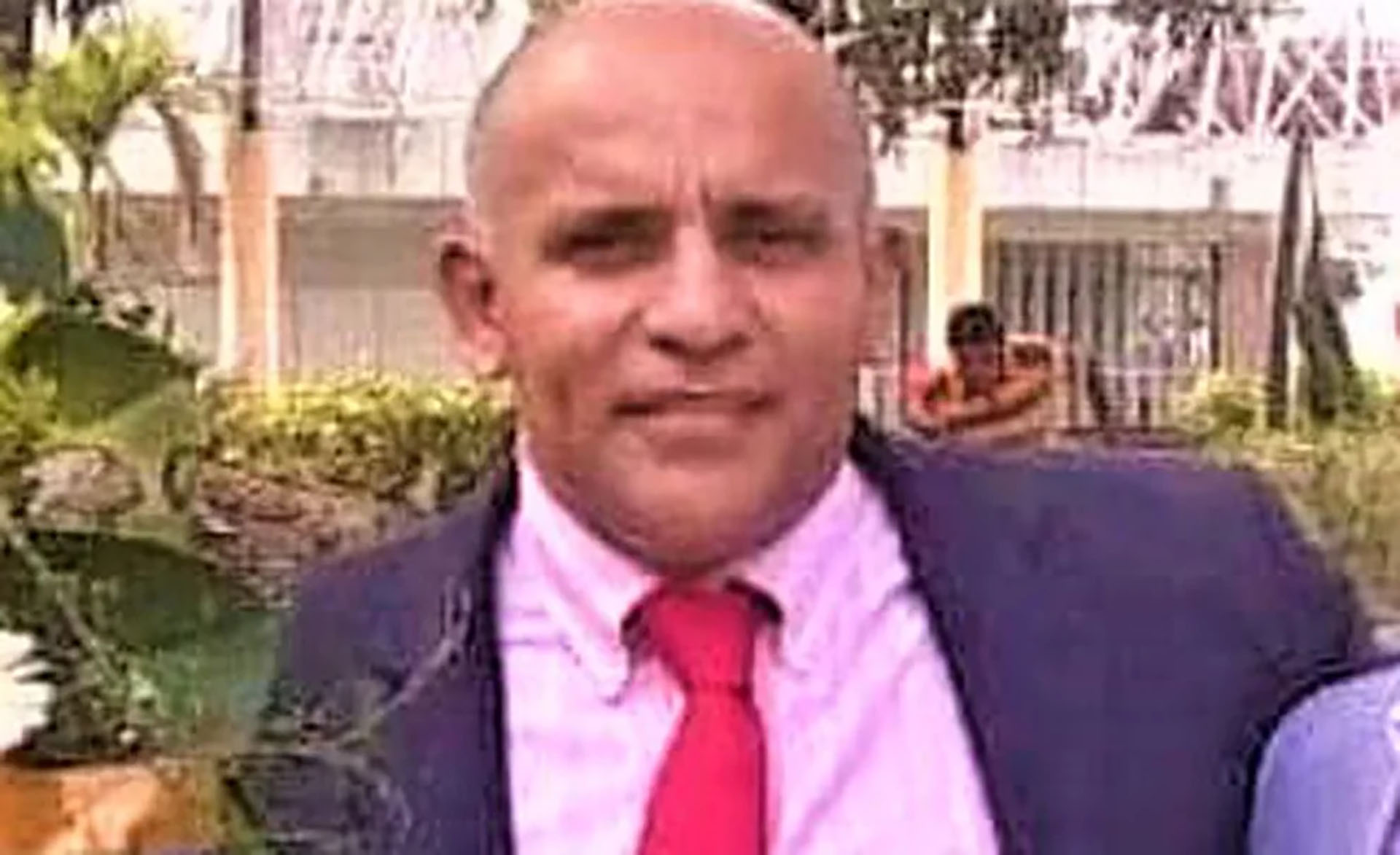
Family, business and sentences
In all the states of the country, the deterioration and corruption of the judiciary, which became dramatic during the Bolivarian revolution, goes hand in hand with the decisions taken by political power to use justice as the wild card of its interests.
Thus, at the time when Luisa Ortega Díaz faces some decisions of the government of Nicolás Maduro, hundreds of the cases of civilians, many of them young people arrested in public protests, were immediately sent to military courts, whose judges and prosecutors violated the universal rights and principles of the people who prosecuted.
Cases such as that of Judge María Lourdes Afiuni Mora compromise the independence of the judiciary, because she was arrested and tried, on the order of Hugo Chávez, for the decision she took to benefit, in accordance with the law, banker Eligio Cedeño; the mistake was not made by Afiuni but by the prosecutors who did not appear in court that day.
Although Judge Afiuni happened thirteen years ago, the case of a judge imprisoned for making a decision is repeated. This is the case of the First Judge of Control of the state Apure, Carlos Alberto Jaimes Gómez, who, after realizing that he decided an arrest warrant for a flagrante crime in Apure, against someone who was currently imprisoned in the General Directorate of Military Counterintelligence (Dgcim) in Caracas, released the accused Reyes Gabriel in full freedom Hernandez Gonzalez. The DGCIM arrested Judge Jaimes Gomez and the defense lawyer, retired captain Juan Carlos Guillén Rosales.
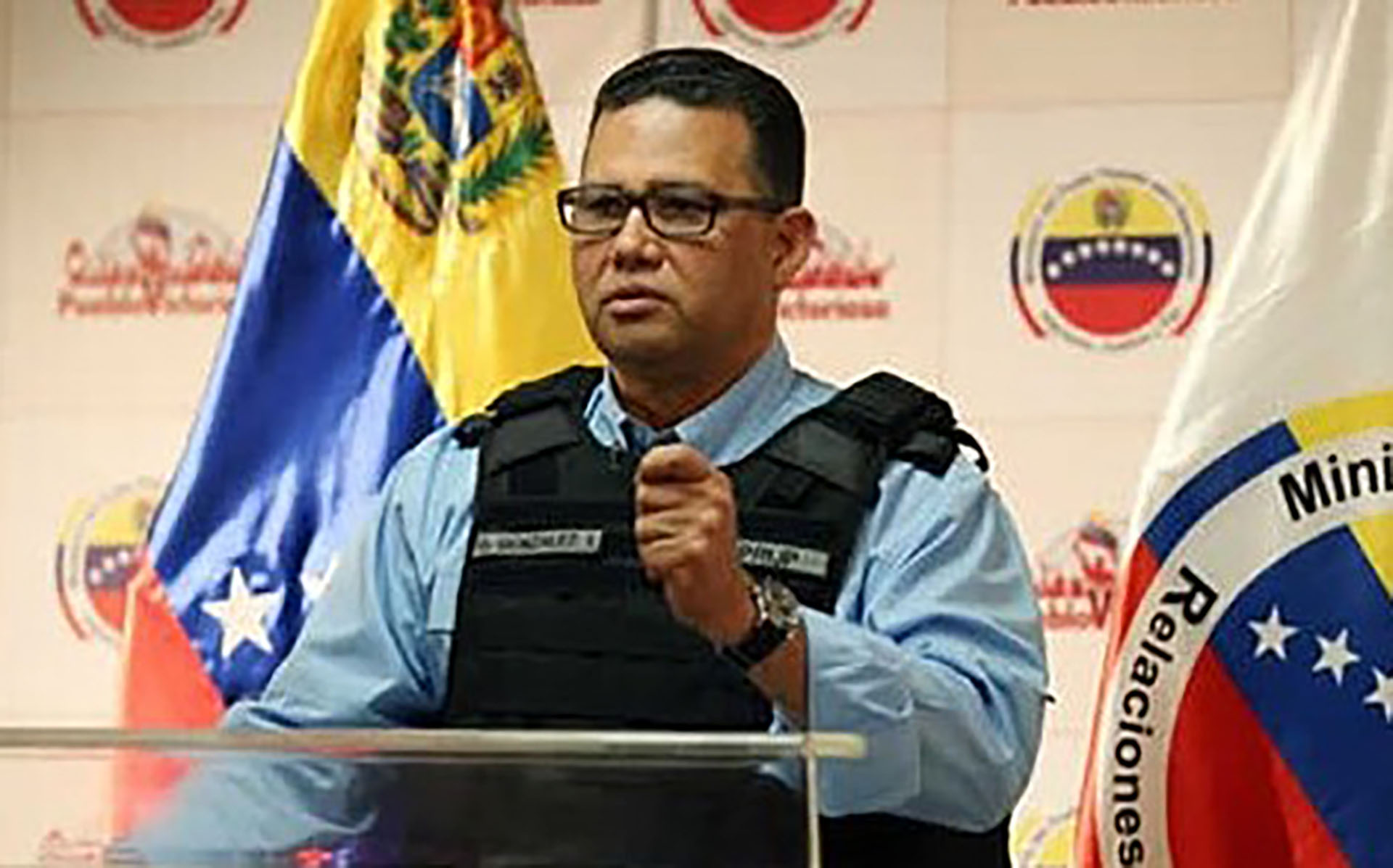
Last weekend, Congressman Luisa Rodríguez Tabares was in Apure State presiding over the “Judicial Revolution” Commission, which Diosdado Cabello Rondón chairs. On Sunday, April 3, before midnight, the third meeting of the commission concluded with lawyer Guillén Rosales and Judge Jaimes Gomez. The deputy said that she could not make the decision to release them because they did not give her the order to do so, but that it was better if they did not report.
Long ago, the practice of releasing prisoners to vacate prisons occurred with Operation Cayapa led by the then Minister of Penitentiary Affairs, María Iris Varela Rangel, who arbitrarily decided, without a decision of the Court, to release a large number of prisoners, many of them highly dangerous criminals.
Now the commission led by Cabello Rondón decides something similar to Operation Cayapa, this is how Deputy Rodríguez Tabares, through Circuit President Edwin Manuel Blanco Lima, freed more than 80 people, several of them involved in drug trafficking, even though that crime does not benefit the law, including military personnel from Puerto Páez and Cinaruco involved in a notorious drug case in Apure.
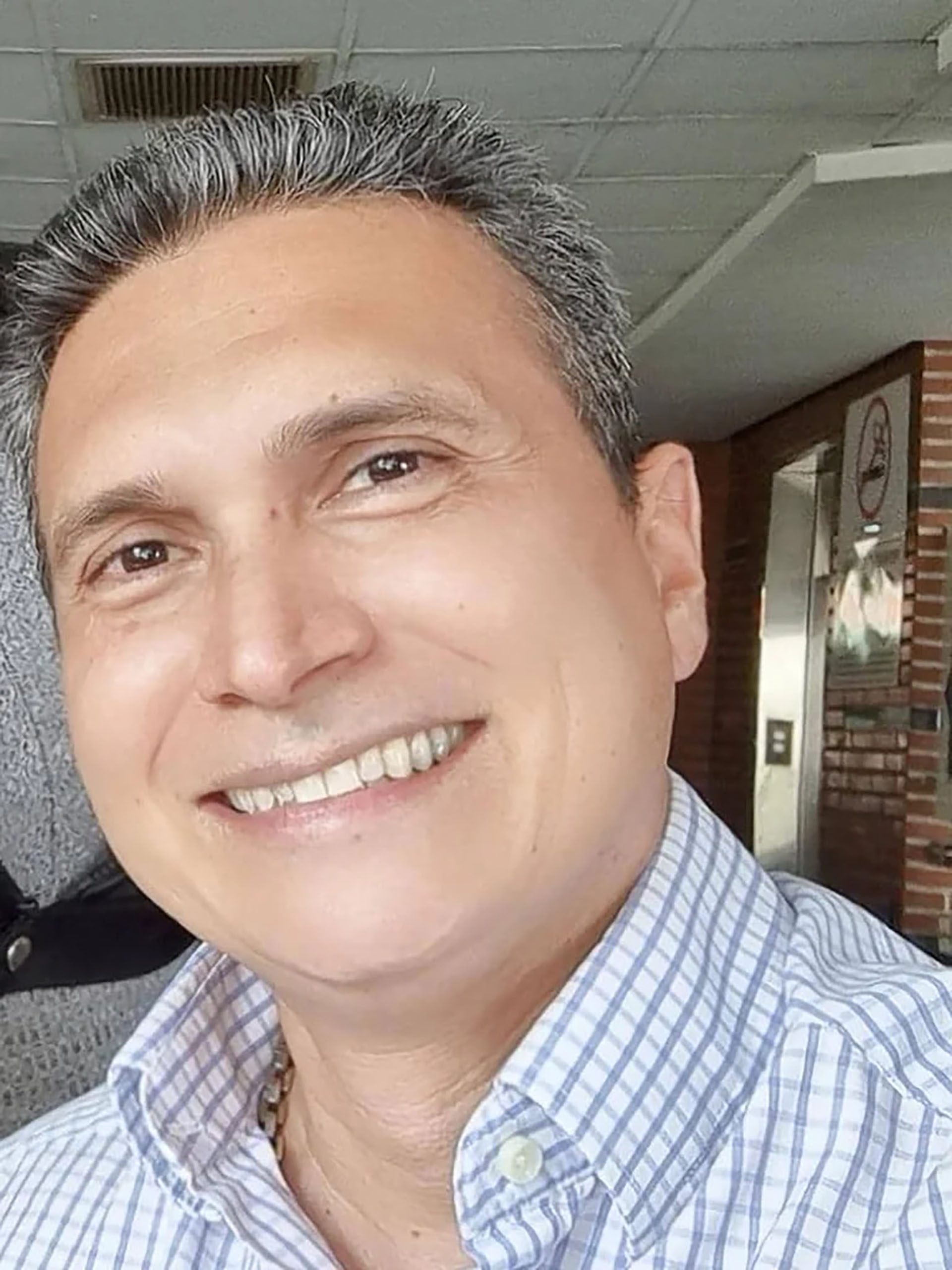
One-eyed justice
Judge 33, as Pedro Carreño calls her, would be the lawyer and former judge Solchy Delgado Paredes, assistant to the Presidency of the Criminal Cassation Chamber, and appears as the person who calls and orders decisions in many cases. This was the case in the case of Judge Carlos Jaimes and lawyer Guillén. “Solchy is in charge and Edwin Manuel Blanco Lima and drug judge Rosa Amelia Mota obey her orders.”
In Táchira, the president of the Circuit and chief judge, Ledy Yorley Pérez, retired but she has not handed over the post yet. Odomaira Paredes, cousin of Solchy Delgado Paredes, was appointed judge of the court and she is the one who, until Pedro Carreño mentioned the matter of Judge 33, was in Caracas looking for her to be appointed. The tentacles of Solchy, reach the Táchira, because they are from Coloncito, a Pan-American municipality”.
Lawyer and former parliamentarian Carlos Fredy Casanova Leal said, in an article published in the Diario La Nación del Táchira, in response to the complaint of Deputy Pedro Carreño, that “the investigation must be comprehensive, not only to lawyers who operate from outside in order to turn the content of sentences, it must reach the judges and the collaboration of the internal staff of the chambers”.
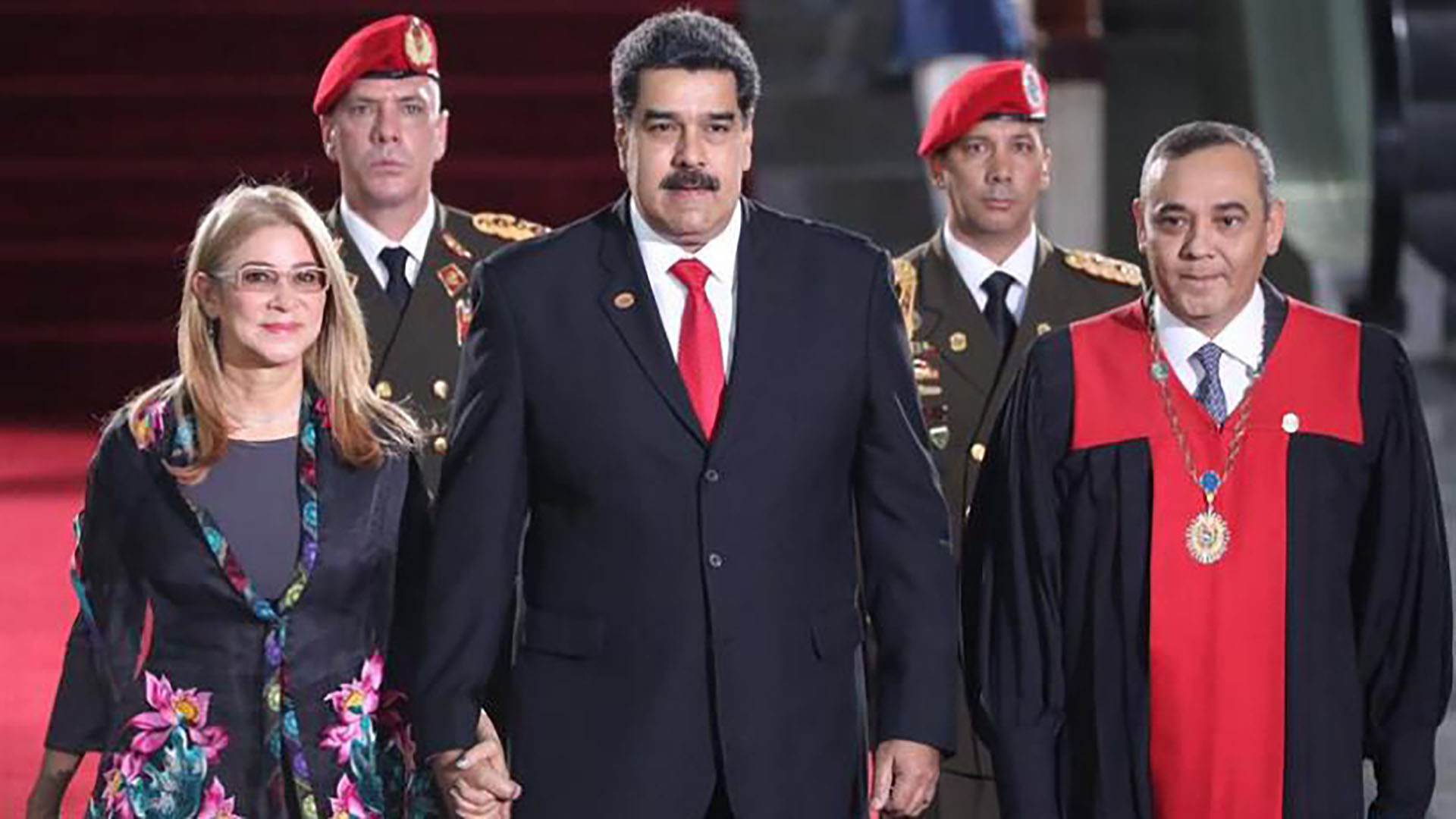
He announced that he has “a piece of evidence that originates here, in San Cristóbal, and which the Supreme Court found as its epicenter” and that it is willing to hand it over “if certain mechanisms are established to ventilate them with due responsibility or if it is part of the evidentiary collection that is decided to accumulate, since it is in line with the complaint made in the sense that there are decisions and sentences that are settled from outside the TSJ, with people who are not magistrates, but who with internal collusion then come out decided”.
He mentioned the “external interference with the chambers of the TSJ to change or turn the previous judgments of the higher courts of the states”, the violation of due impartiality and the economic damage to those who won the trials and is lost due to the rule of sentence manipulation in the TSJ.
It considers that “a sort of audit should be carried out on the latest judgments issued by the chambers in order to determine anomalous circumstances that presume an interest in the outcome of the decisions”.
“To the new Supreme Court, in the Civil Chamber, I will present the evidence on how law and law were turned over to favor a case, to the detriment of other Venezuelans, who will be terribly affected by the application of this jurisprudence,” said Casanova Leal.
KEEP READING:
